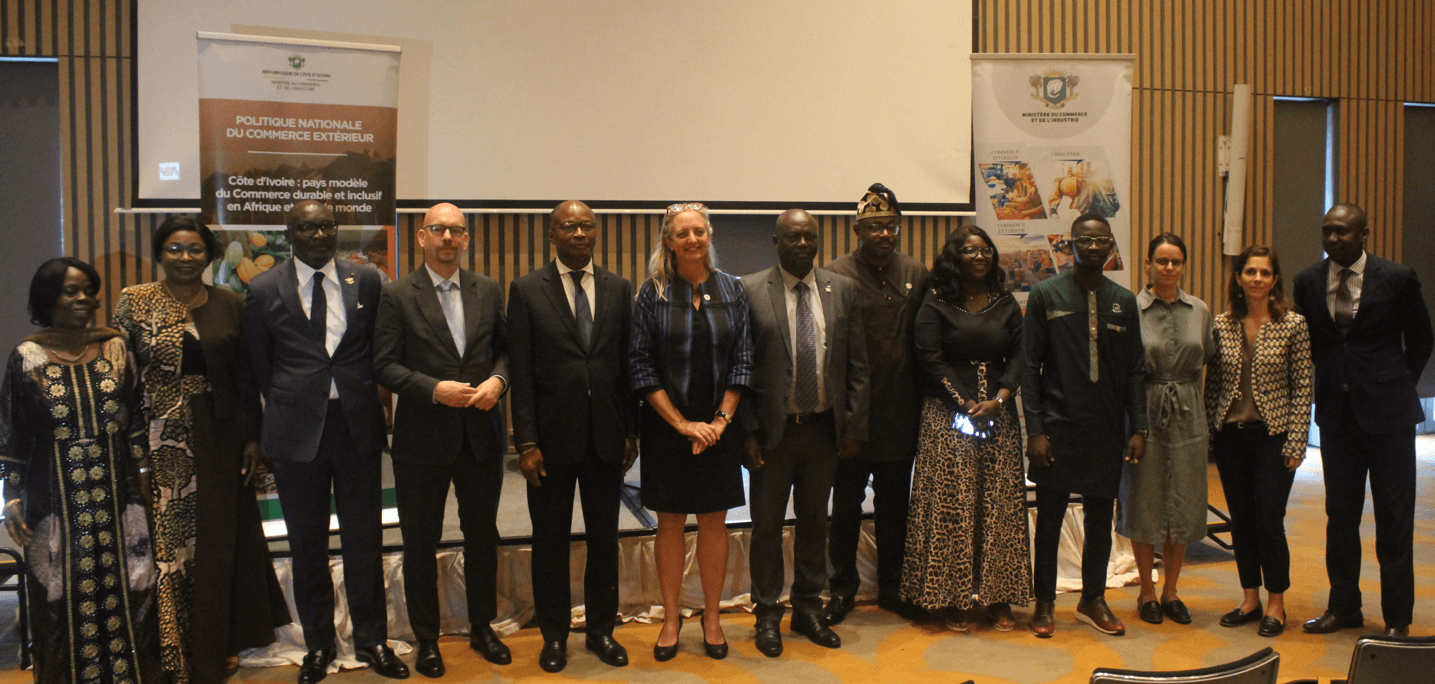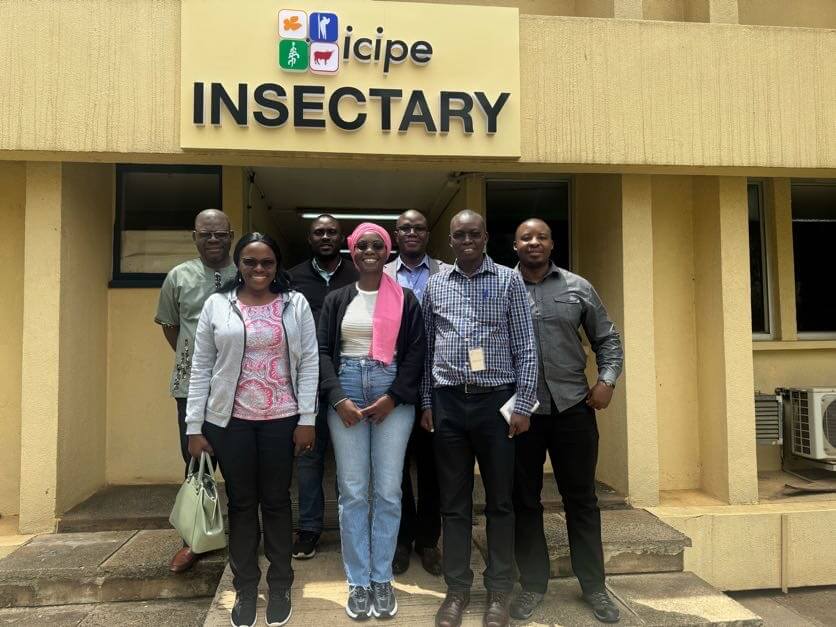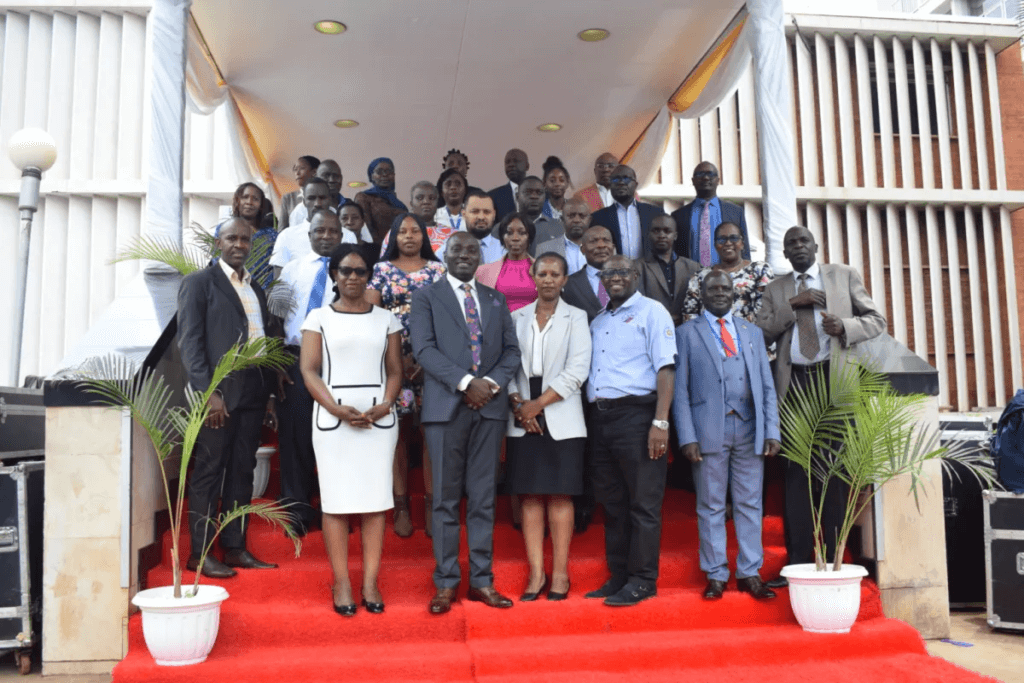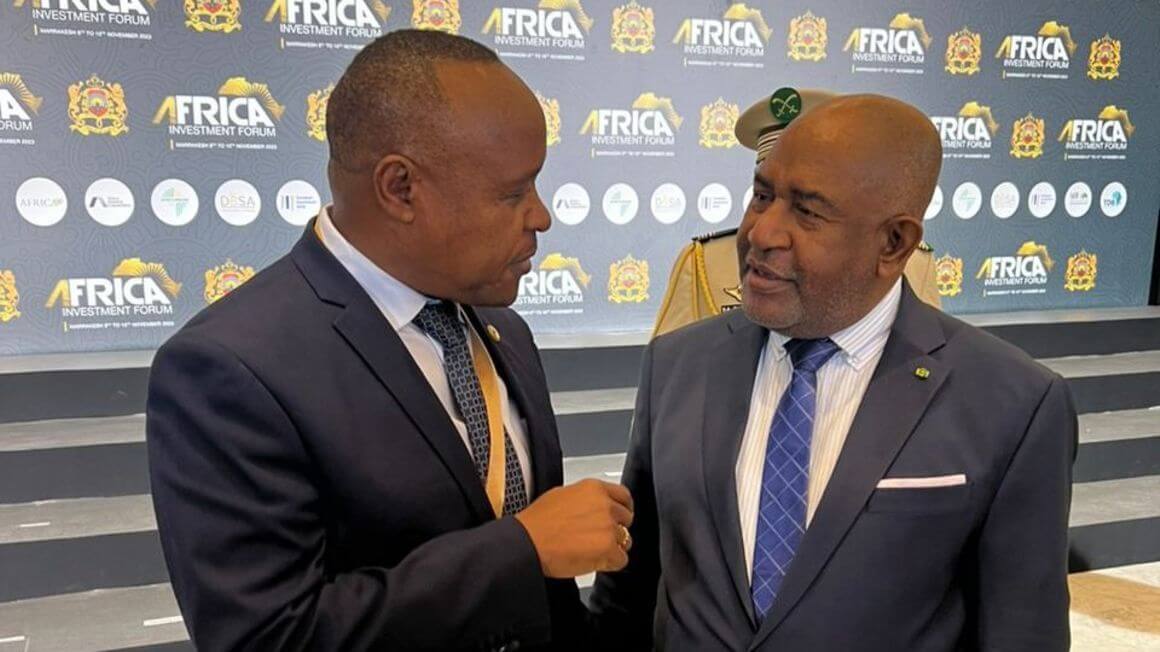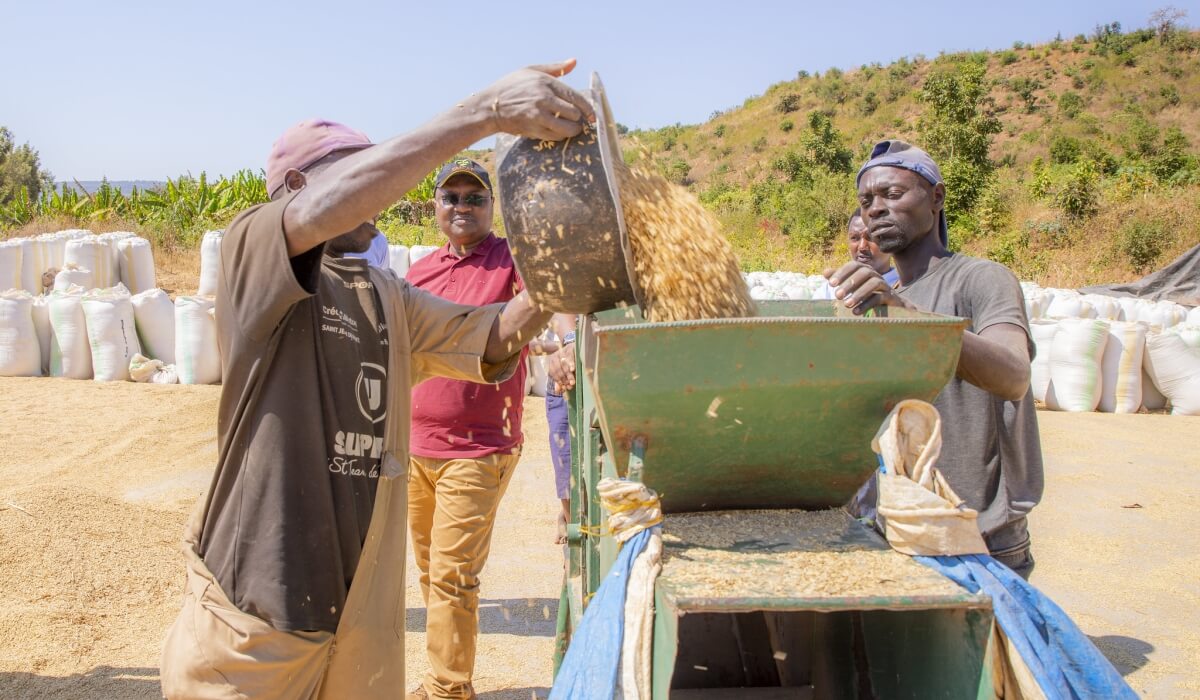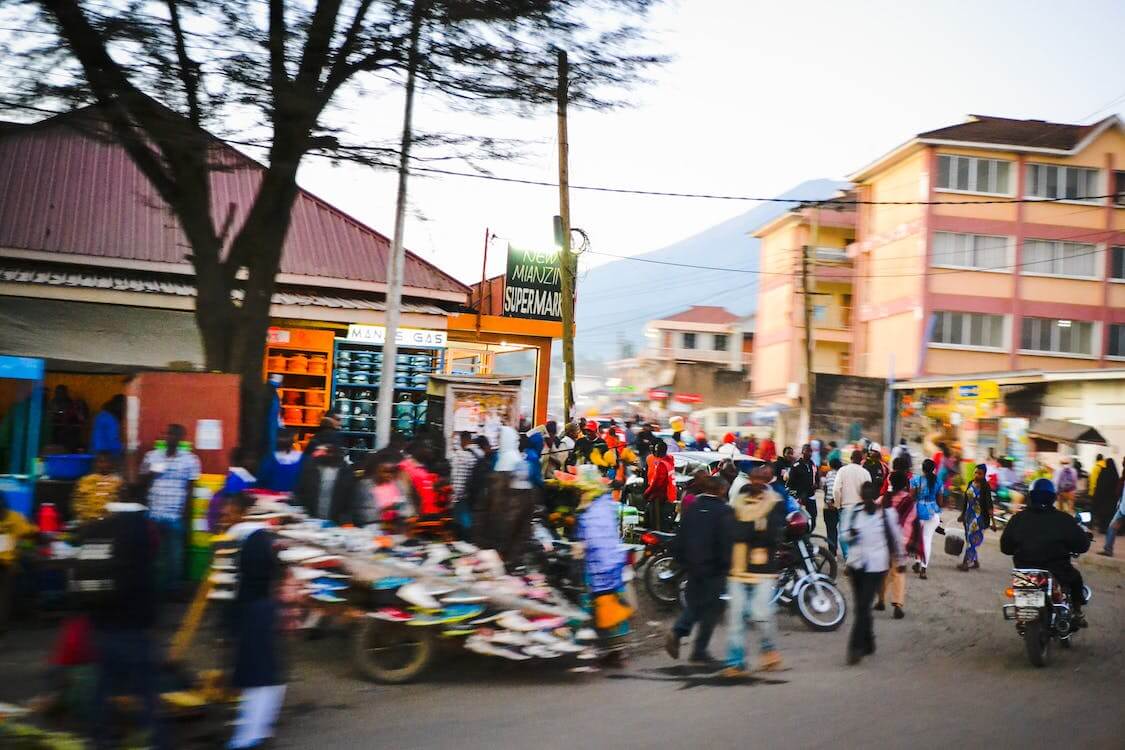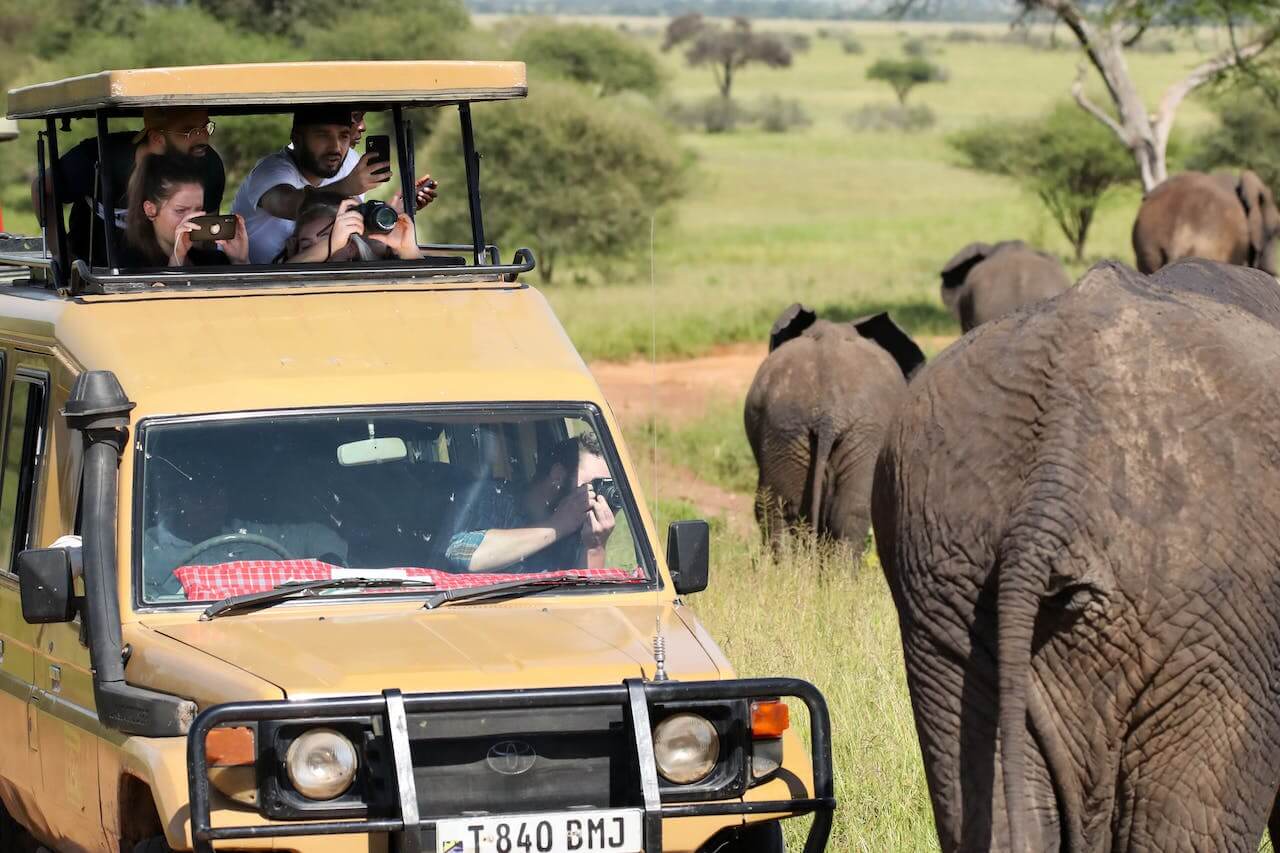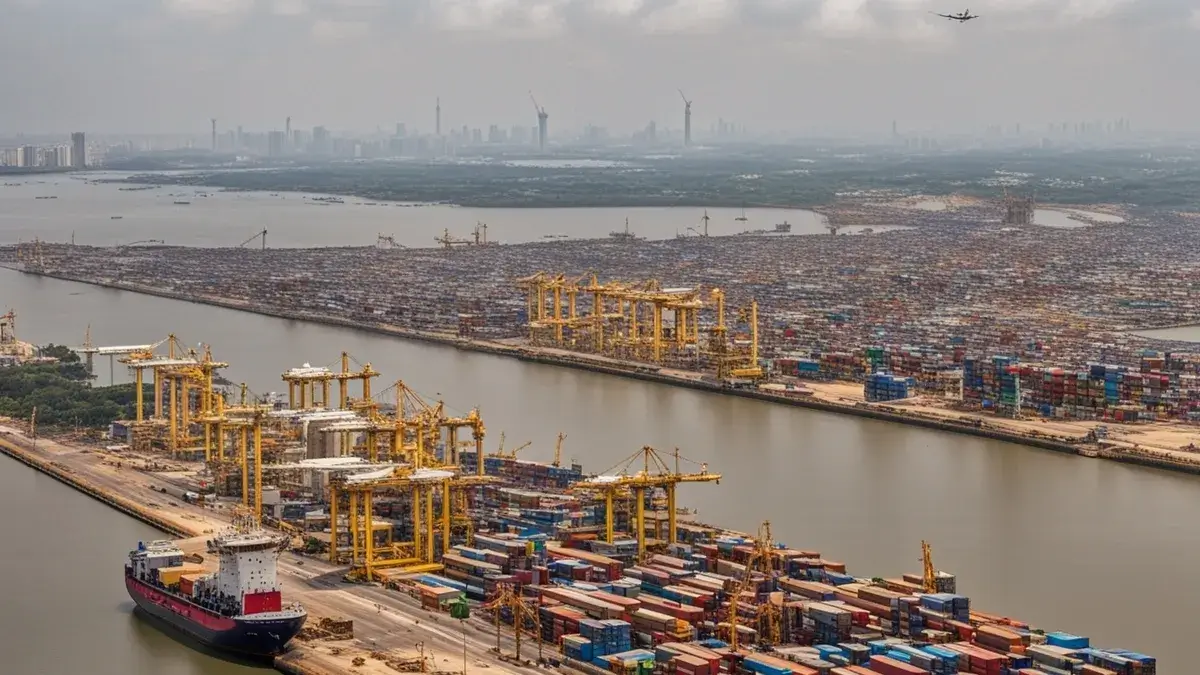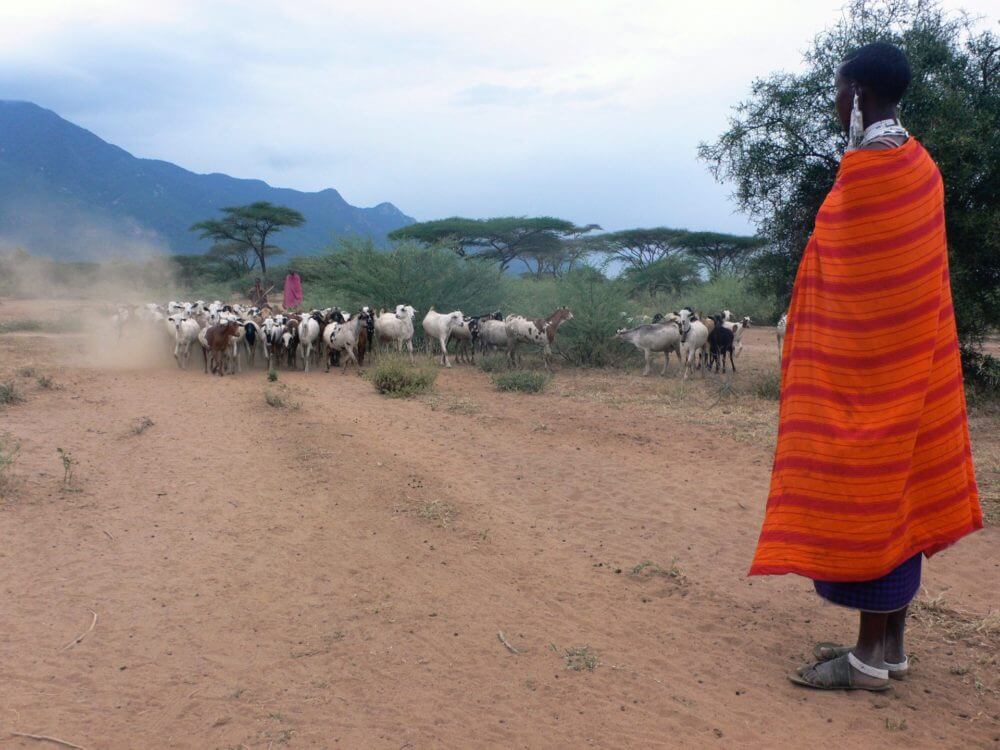TradeMark Africa (TMA)'s Côte d’Ivoire Country Programme held its inaugural National Oversight Committee (NOC) meeting on September 20, 2024, following the recent signing of a Memorandum of Understanding (MoU) with the Ministry of Trade. The NOC is part of TMA’s governance structure and is chaired by a high-level official within a Government Ministry. It is mandated to provide strategic advice on programming that is responsive to national objectives, review project proposals and business plans related to the programmes they are overseeing and may recommend that the Board approves them. The committee also reviews implementation progress and resolves challenges. Its members include representatives from relevant government ministries and departments, private sector apex bodies, civil society organisations and development partners. During the meeting, participants noted that the launch of TMA’s programming in Côte d’Ivoire was timely and critical for advancing trade facilitation in the country and across West Africa. The opening session of the series of the engagements of the day, including the NOC meeting, was presided over by Patrick Olivier Daipo, Deputy Chief of Staff, representing Côte d'Ivoire's Minister of Commerce and Industry, Souleymane Diarrassouba. The NOC meeting was chaired by Kalilou Sylla, Director General of Foreign Trade at the Ministry. “This National Oversight Committee will play a vital role in monitoring and coordinating various trade facilitation activities in Côte d’Ivoire to ensure the desired results of the interventions are achieved,” Mr Sylla noted. “Stakeholders from the public and private sectors, as well as civil society, agreed to design and implement...
Inaugural National Oversight Committee meeting sets the stage for trade facilitation activities in Côte d’Ivoire
Posted on: September 27, 2024
Posted on: September 27, 2024

